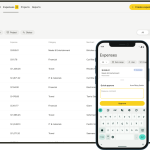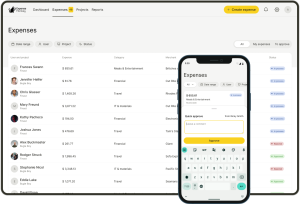Loan protection insurance from lenders may help cover loan payments in case of disability, death or unemployment; however, they cannot require it as a condition for lending you money.
Policy options such as critical illness or life insurance should also be explored as they could cover more situations and be more cost effective.
Credit insurance
There are various credit insurance policies available on the market, from those offered by banks, finance companies and private insurers – banks offering credit insurance policies through finance companies while finance companies and private insurers offering policies from them all offer some form of peace-of-mind during unfortunate events like job loss, accident or critical illness; their terms and exclusions differ between policies; some may even be quite costly and should be carefully considered before signing on as one of these loans.
Credit insurance provides financial support to ensure borrowers can keep paying their mortgage, auto or personal loan even during an unexpected financial setback. The premium is typically included as part of their loan payment and paid down with their regular monthly installments; its costs vary based on state regulations, loan amount, age and other considerations; some policies are even non-refundable after being cancelled within certain time frames.
Disability insurance
Disability, also referred to as income protection or pay-loss insurance, provides income replacement in the event of injury or illness that prevents you from working in your current occupation. Disability policies may be combined with life policies (term or permanent) in a “whole life” or “universal” policy for maximum effectiveness.
Loan protection policies typically cover your loan payments for a set period if you become disabled or unemployed, but won’t cover the total balance of your debt. For longer-term protection, consider purchasing either an independent long-term disability policy or one tied specifically to loans.
Long term disability policies generally provide you with a monthly benefit that can help cover expenses such as mortgage or rent payments, utilities bills, food costs and childcare. You can purchase individual disability policies either from an independent insurance agent or directly from insurer. Most policies are non-cancelable and guaranteed renewable; that means the insurer cannot cancel or increase premium rates as long as payments are timely submitted.
Critical illness insurance
Critical illness policies offer employees a lump-sum benefit if they are diagnosed with one of the covered diseases, providing additional coverage that might otherwise not cover all expenses associated with serious illnesses like cancer, heart attacks and strokes. Such policies typically cost after-tax dollars through payroll deductions.
Life insurance policies can be purchased independently or as an add-on to a life plan, providing people who do not qualify for disability coverage with additional protection against unexpected, unaffordable medical costs.
Employers frequently offer group CII as part of their benefits packages because they recognize that high-deductible health plans can leave employees exposed to large, unexpected expenses. The costs for such policies are minimal and usually have no waiting period; covered diseases vary between plans but include cancer, heart attack and stroke as examples.












More Stories
Beyond Greenwashing: How Sustainable and ESG-Linked Loans Work for You and Your Business
Financial Wellness Programs and Their Impact on Employee Loan Access
Financing Alternative Education Paths: Your Guide to Paying for Bootcamps, Certifications, and More